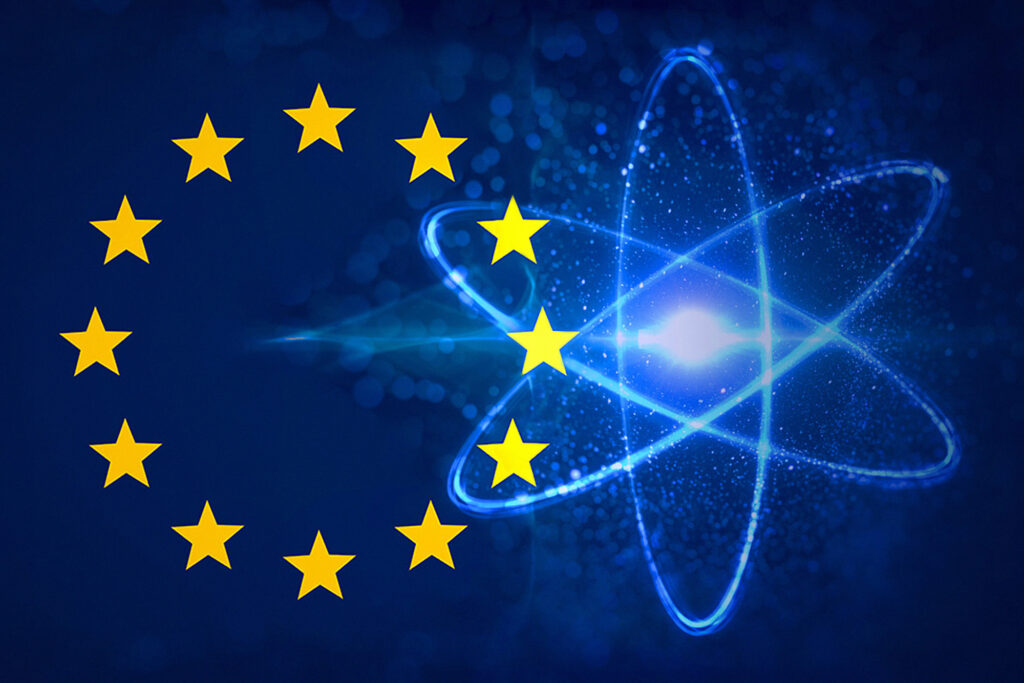
On July 2, the European Commission adopted the Quantum Europe Strategy to position Europe as a global leader in quantum technologies by 2030.
While Europe has achieved strong results in quantum research, market deployment has been slowed by fragmented strategies and differing national roadmaps.
The new strategy aims to build a resilient and sovereign European quantum ecosystem that drives startup growth, accelerates the path from research to market, and maintains scientific leadership.
The strategy focuses on five priority areas:
- Research and Innovation: consolidating European excellence and building quantum industry
- Quantum Infrastructures: developing scalable, coordinated infrastructure hubs to support production, design, and application development
- Strengthening the Ecosystem: through investments in startups and scaleups, securing supply chains and the industrialization of quantum technologies
- Space and Dual-Use Quantum Technologies (Security and Defence): integrating quantum into Europe’s space and defence sectors
- Quantum Skills: building a world-class workforce through education, training and talent mobility across the EU
As Member of the European Parliament Henna Virkkunen highlighted, the strategy’s message is clear: Europe must act swiftly and in unity to remain a leader in quantum technology and use its potential for Europe’s security, economy, and science.
The Ministry of Justice and Digital Affairs of Estonia has commented the news as follows:
The European Commission’s published Quantum Technologies Strategy is a very welcome step that addresses both the opportunities and risks of quantum technology development in a balanced way. The strategy clearly identifies the need to ensure Europe’s strategic autonomy and to protect sensitive information from future potential threats from quantum computing.
For Estonia, it is important that the strategy also pays attention to the involvement of smaller Member States and start-ups, strengthening the European quantum ecosystem as a whole. The strategy makes it very clear that smaller Member States must also be taken into account. On a positive note, a number of important guidance documents are planned for 2026, such as the Action Plan for the Industrialisation of Quantum Chips in Europe and the Roadmap for Quantum Standards, which will also provide the necessary basis for Estonian companies and research institutions to develop and deploy quantum technologies.
The strategy also outlines the launch of a virtual European Quantum Skills Academy, which will help expand education and training opportunities in quantum technologies and support the next generation of specialists. This will also create better conditions for quantum technology enthusiasts and professionals in Estonia to further develop their skills.
Learn more and read the Quantum Europe Strategy here.